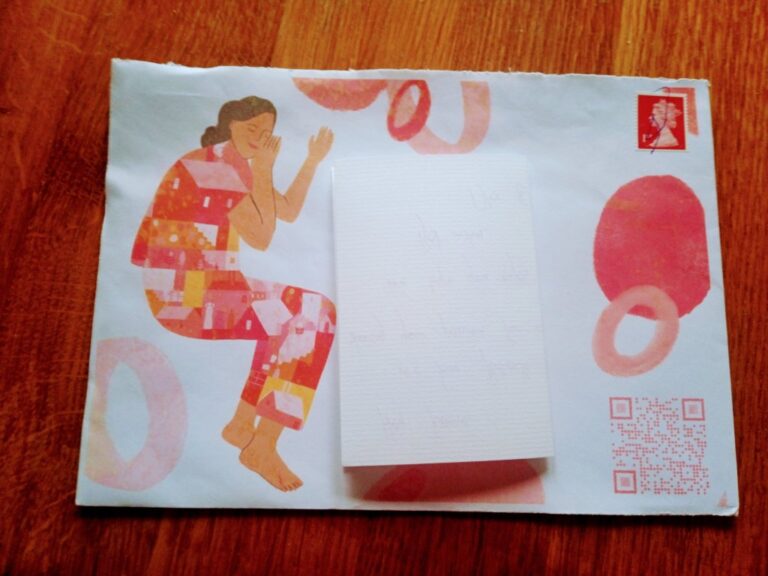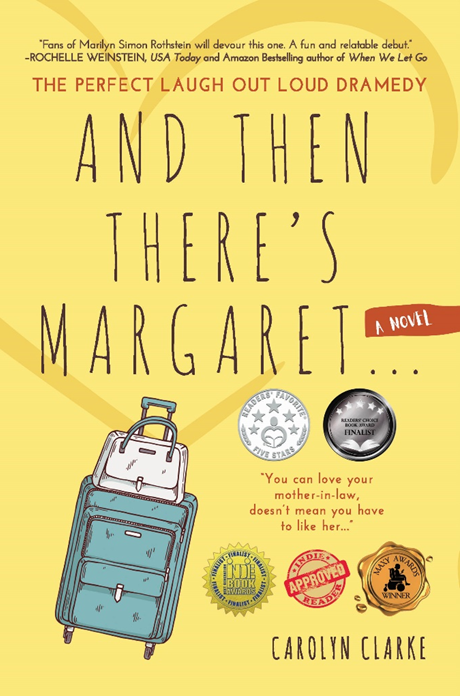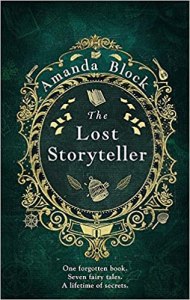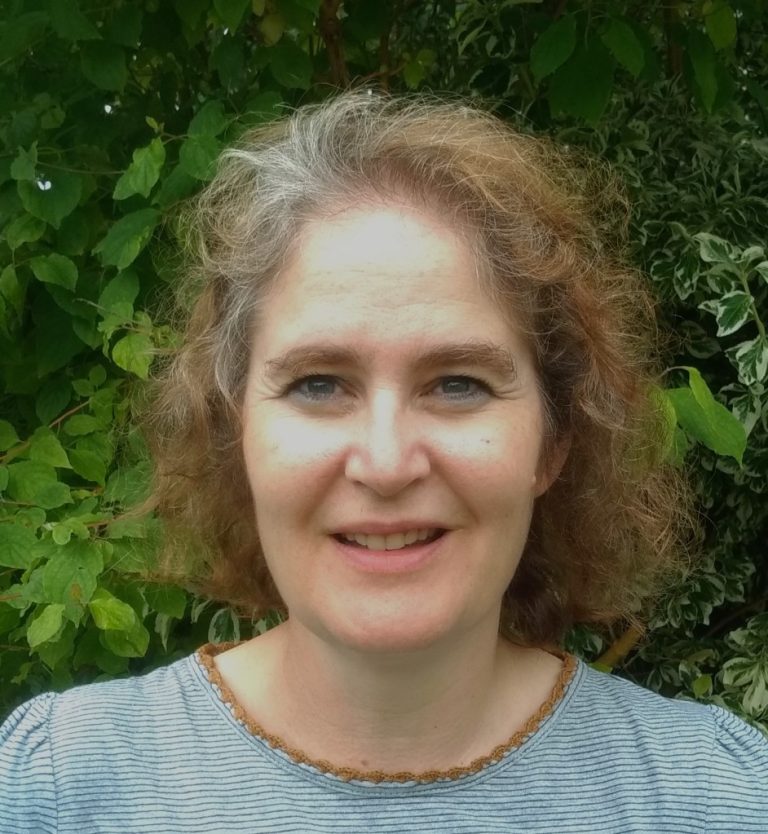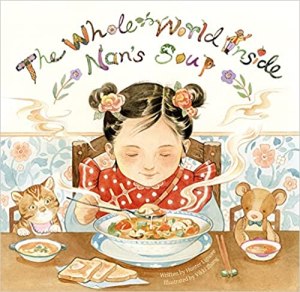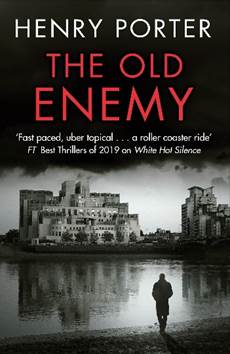
EXTRACT
Ulrike would never know what made her open her eyes at that moment. She was plunged in the terrible finality of their time together, these days of being alone when, if Bobby was feeling strong, he would go out early with his paraphernalia loaded on to the light handcart that he was so pleased with, returning only when he was too tired to carry on, or he’d finished the painting. In the evenings, they were together. She’d cook – not much, because his appetite had gone – and he’d sit with a whisky looking at the day’s painting and peering intently across the scrub to the sea. Later, they’d lie in bed, mesmerised by the dancing shadows thrown by an oil lamp, the smell of which filled the cabin. Sometimes they’d go back to events three decades before in Leipzig and Berlin and, later, in Tallinn – the cities that marked chapters in their lives – and to the people they’d known and lost, and occasionally murmuring their love for each other. When he slept, she kept watch, wondering what she’d do when he was gone; what it would it be like without him beside her. Before dropping off the night before, he’d muttered, almost angrily, ‘I’m sorry, I had no idea this would be so ghastly for you!’ And, grazing her forehead with his lips, ‘You know that no one is more loved than you? You know that, don’t you?’
The third shot tore across the back of his left calf. He writhed in the grass, as much from anger as pain, and at the same time realised the prescribed morphine was suppressing the effect. He’d started the course, without telling Ulrike, three days before when a deep internal pain made it hard to concentrate. He reached for his sketchbook, the pages of which were fluttering in the breeze, and, half noticing that the burner was on its side and scorching the grass very close to the turpentine container, he scrawled ‘Berlin Blue’ on the back of the pad, ringed the words, then wrote in block capitals ‘LOVE YOU’.
He felt the vibration in his pocket but didn’t answer. The clouds had spilled a pool of light and he had caught it because he was waiting and the few brushstrokes applied automatically were so certain. To respond to nature in real time, almost as quickly as film, was what he was still alive for and, when he got it absolutely right, it was thrilling. The second call came and he put the palette and brushes down on the collapsible table – another piece of equipment that gave him huge satisfaction – and fished out his phone, smearing the screen with the paint on his fingers. He could hear her moving and called out her name – maybe she had dialled him by mistake. But she spoke, breathless. He couldn’t hear her because of the noise of boots in the dead grass. He waited and implored her to stand still – Goddammit! – and speak to him. He heard the crunch of the hard-core track beneath her boots then she said something. ‘What?’ he bellowed. ‘I can’t hear you.’
‘The work’s got to be done.’ He’d been promised an exhibition in late May and he knew that was what kept him going. He needed twenty-four decent canvases to add to the works on paper that were already framed at the gallery in Tallinn. She reckoned he had nineteen, maybe twenty-two at a push. He wasn’t so sure.
| Publisher: Quercus |
| Available Formats: Ebook, Audio, Hardback (15 April 2021) | Paperback (28 October 2021) |
| Page Count: 416 |
AUTHOR LINKS:
‘Just beyond the wreck.’ He pushed up his blue tam-o’-shanter, looked around and saw nothing, except the light-fall from the clouds, which now had the faintest yellow tinge and made the spray glow. He caught his breath. It was too late to change his painting and, anyway, that was then; this was now. He grappled with the phone to take a photograph, hoping that he wouldn’t lose Ulrike. He took several because the scene was developing every second. Then he returned the phone to his ear: she had gone, so he called her back. ‘I can’t see anyone.’ But at that moment he spotted a man moving by the rocks at the water’s edge, right in line with an illuminated patch of sea. ‘Ah, I’ve got him!’ he exclaimed. The figure hesitated then moved off to the right to take the track to the lighthouse that ran across the peninsula between him and Ulrike. ‘He’s going the other way,’ he said, letting himself down into the camp chair. ‘Let’s have a brew-up! Come and join me. I want you to see what I’ve been doing. I think it’s rather good . . . well, it’s not bad.’ He was never sure what he felt about his work. Elation was often followed by a crash in spirits. She hung up and he reckoned he’d got about ten minutes to get the water boiling and smoke a cigarette. He leaned forward and yanked a camping stove from his bag, lit it and placed a small whistling kettle on the flame. There was just one enamel mug for them, but he had tea, milk and a silver-and-glass hip flask that he had inherited from his father, together with the taste for a dash of whisky in his tea. They often shared a mug beneath the Baltic sky, Ulrike making a rather too penetrating appraisal of his latest. She could go easy on him, he reflected, but that wasn’t her. He sat back and ran an eye over his work, an unlit cigarette in his hand. Some sketchiness in the foreground, where the paint was thin, worried him, but he decided he liked the effect, and he was glad he hadn’t done any more to the light on the sea. She’d stopped him overworking the scene.
He had made it into the spring – three months longer than they gave him. And here he was, out on the peninsula in the early-morning light, feeling okay and in some ways happier than he’d ever been, though, of course, it was not Robert Harland’s custom to examine his state of mind too closely. He was alive and painting – that was enough. And a kilometre away, on this crooked finger of land that pointed north into the Baltic, his wife, Ulrike, was at their cabin, by now tucked into her spot between the porch and timbered wall, sheltered from the wind. She’d have a book in her hands and a shawl around her and she’d be looking out to sea, sometimes peering at the insects that were blown round the porch and came to rest beside her on the bench.
Berlin Blue
‘Yes,’ she said eventually, and, using the German for her usual reply, ‘Ja, und ich liebe dich auch,’ – and I love you, too – then she asked, ‘Are you happy out here? You don’t want to be doing anything else? Go home?’ She worried he was pressuring himself, because he was so short-tempered in the mornings.
An idea flickered in his mind. He seized the turpentine bottle, unscrewed the top as he rolled on to his left side, which caused the pain from his leg to surge upwards. He didn’t yell out. Not now. Not after a life of fear and pain and self-control – he just waited. The man was twenty paces away: black beanie, an unexceptional, fleshy, mid-thirty-year-old face, gloves and dark brown lace-up military boots. He lowered the rifle. Why? To enjoy the moment, or make sure his rotten aim wouldn’t fail him again? Harland flung the bottle. It Catherine-wheeled through the air, spraying turps, and hit the man in the groin. He followed that with the burner, which fell short but did its job of lighting the turps on the ground around the man, and instantly his legs and midriff caught fire. Harland groaned an expletive and collapsed on to his back and looked at the sky. The heightened awareness that came from concentrating on nature, which always remained for an hour or so after stopping, was still with him, and the sky at that moment seemed impossibly beautiful. Four shots were loosed off chaotically, one of which entered his heart.
In a moment he’d sit in the camp chair and maybe smoke one of the three cigarettes in the breast pocket of the old field-coat he wore, ignoring her strictures without much thought. For there was work to be done to the small oil sketch in front of him, which, like the others in the series, had been executed rapidly with some of the basic colours of the seascape mixed the night before. He looked up. The continent of cloud suspended over the ocean was about to deliver shafts of light that would reflect from the sea and spread through the spray-mist above the waves. With a brush clamped between his teeth and more brushes and a palette in his hands, the old spy waited, looking and looking, hardly breathing.
My thanks to Sophie of Midas PR for the tour invitation and for sending a lovely hardback copy of The Old Enemy. There wasn’t time for me to read it for the tour but I do have an extract of the first chapter to share today.
At that moment, his mentor, the MI6 legend Robert Harland lies dead on a remote stretch of the Baltic coastline. Who needed to end the old spy’s life when he was, in any case, dying from a terminal illness? And what or who is Berlin Blue, the name scratched in the sketchbook beside his body?
Henry Porter was editor of Vanity Fair and a regular columnist for the Observer and now writes about European power and politics for The Hive website in the UK. He has also written seven bestselling thrillers, including Brandenburg, which won the CWA Ian Fleming Steel Dagger, A Spy’s Life and Empire State, which were both nominated for the same award. He has also been nominated for the George Orwell Award and the Barry Award in the US. His most recent thrillers were the universally praised Firefly and White Hot Silence. Henry Porter is frequently described as the heir to John le Carré. He lives in London and is married with two daughters.
Two things become clear. One, it was a big mistake to lose the mysterious Zoe Freemantle. And two, Robert Harland is making a final play from beyond the grave.
The roar of the camp stove obliterated all other sound, so he would not hear her call out, which she always did with a wave when she reached the brow. He looked to his right and lit the cigarette discreetly, inhaled and let the smoke dribble from the corner of his mouth. It was stupid to pretend he didn’t smoke. What bloody harm could it do now? But it made her very angry indeed, because she quit her tiny ration of smokes when he received the diagnosis. He took another drag and leaned forward to remove the kettle, which was beginning to tremble on top of the stove. As he did so, something very powerful hit the aluminium frame of his chair and threw him on to the grass to his right. He rolled on to his front. A man was moving towards him, marching robotically, with the scope of a rifle pressed to his eye. A second shot hit the table and Harland thought, fucking amateur. But he had nothing to defend himself with, and nowhere to go and, besides, he wasn’t up to running, not over this ground, not with his lungs, not with his aching bones. All he hoped was that Ulrike wouldn’t witness this. He rolled again to search for his phone. He needed desperately to speak to her, to say he loved her, because this was it: they’d found him and, however incompetent the assassin, he would certainly take what little life remained to him.
Ex-MI6 officer Paul Samson has been tasked with secretly guarding a gifted young woman, Zoe Freemantle. He is just beginning to tire of the job when he is attacked in the street by a freakish looking knifeman. It’s clear the target is on his back not hers. What he doesn’t know is who put it there.
ABOUT THE AUTHOR
He slept, but she did not, so now she dozed in her spot, smelling the resin in the wood heating up when the sun came out. The only sound came from a lark suspended in the sky, way off to her right, and the wind nudging the porch door. What made her start she could not say. But she sat up, filled with alarm. She shielded her eyes against the light and looked around. A figure was moving purposefully along the track by the shore; hard to make out because of the dark rocks, but occasionally a silhouette flashed against the breaking waves. She stepped inside and unhooked the binoculars they’d inherited with the cabin and trained them through the kitchen window. This individual, certainly a man, was carrying something, but not fishing gear, not a hiker’s backpack, not even the wild-fowler’s shotgun under his arm; more like a case slung over his shoulder. She lost then found him again and, without thinking, pulled her phone off the charging lead, went outside and dialled her husband’s number. The call didn’t go through. She moved to a rise a few metres away and phoned again. This time the call was successful but he didn’t answer. She waited a few moments, because there wasn’t anywhere with better coverage, and searched the shoreline with the binoculars, but saw nothing. She dialled and this time got through but was cut off. Then she dialled again.
A few hours later, Samson watches footage from the US Congress where billionaire philanthropist Denis Hisami is poisoned with a nerve agent while testifying – an attack that is as spectacular as it is lethal, but spares Anastasia Hisami, the love of Samson’s life.
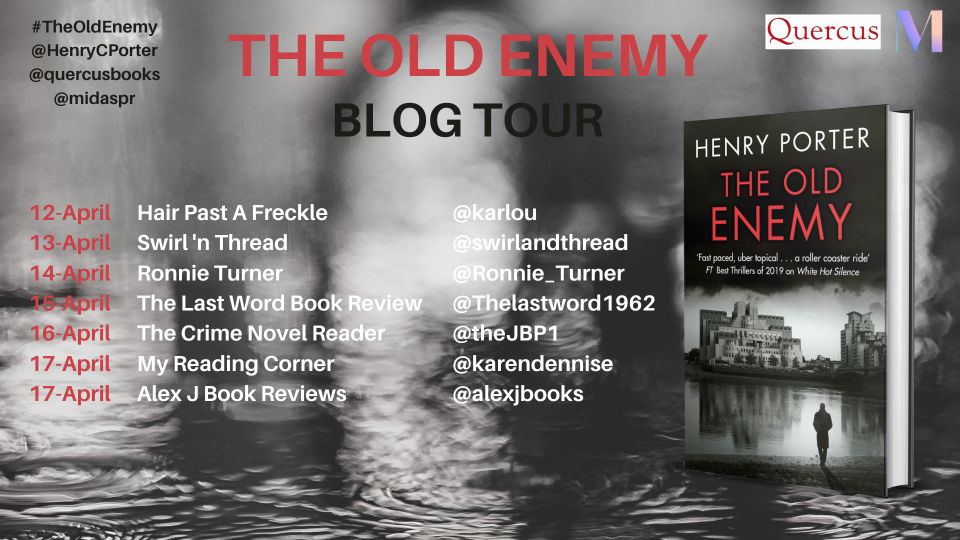
CHAPTER 1
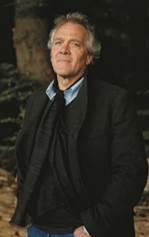
Heart-stopping international spy thriller from ‘An espionage master’ (Charles Cumming) starring ex-MI6 officer Paul Samson for fans of Mick Herron, Lee Child and John le Carre. ‘Someone’s out there with you. I don’t like the look of him, Bobby. Where are you?’

